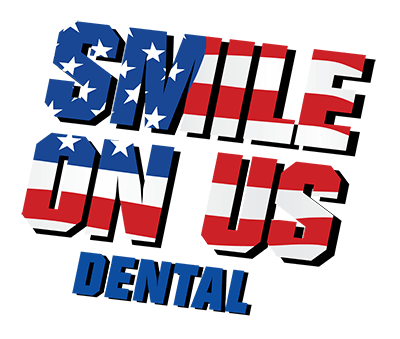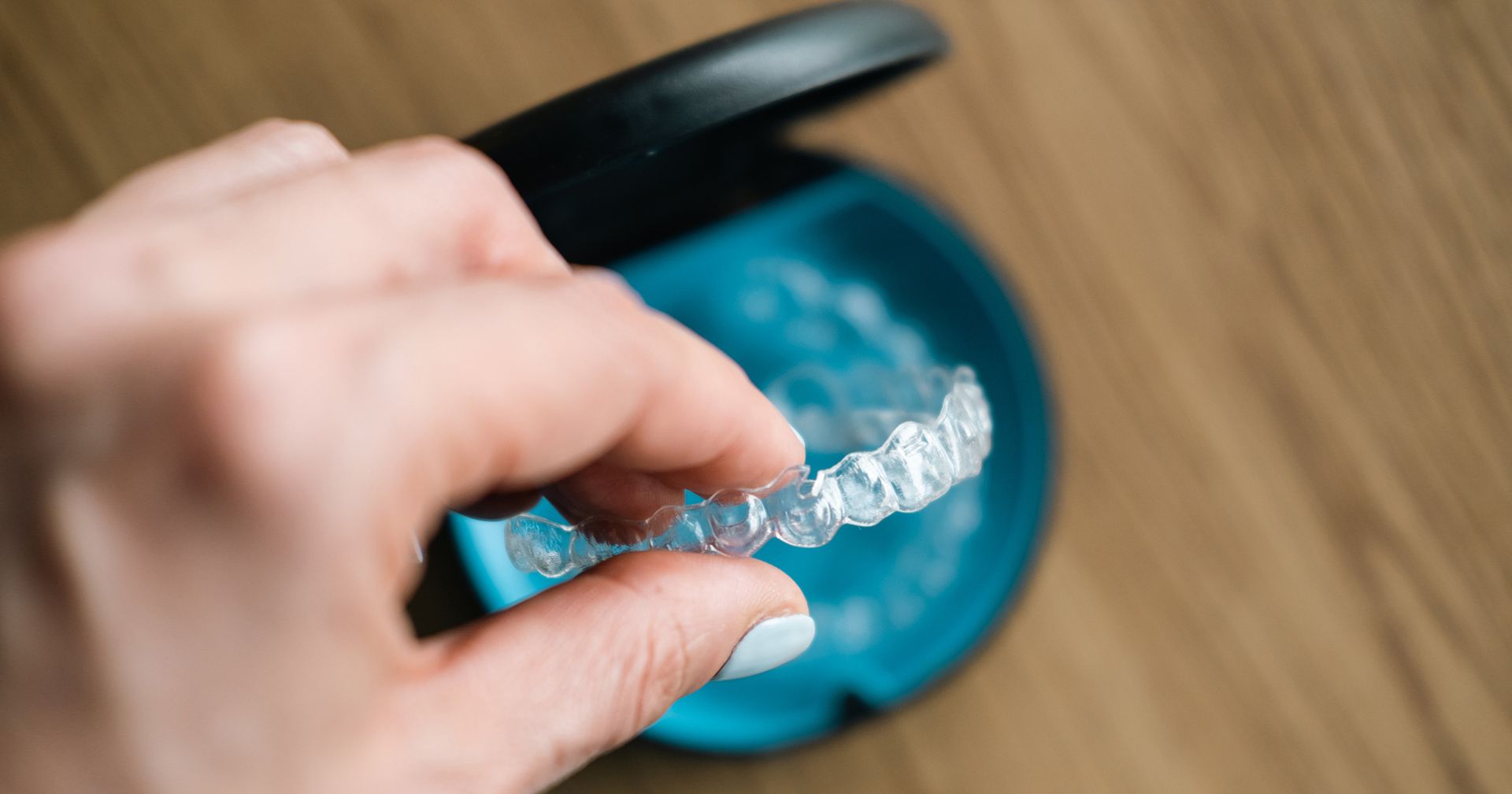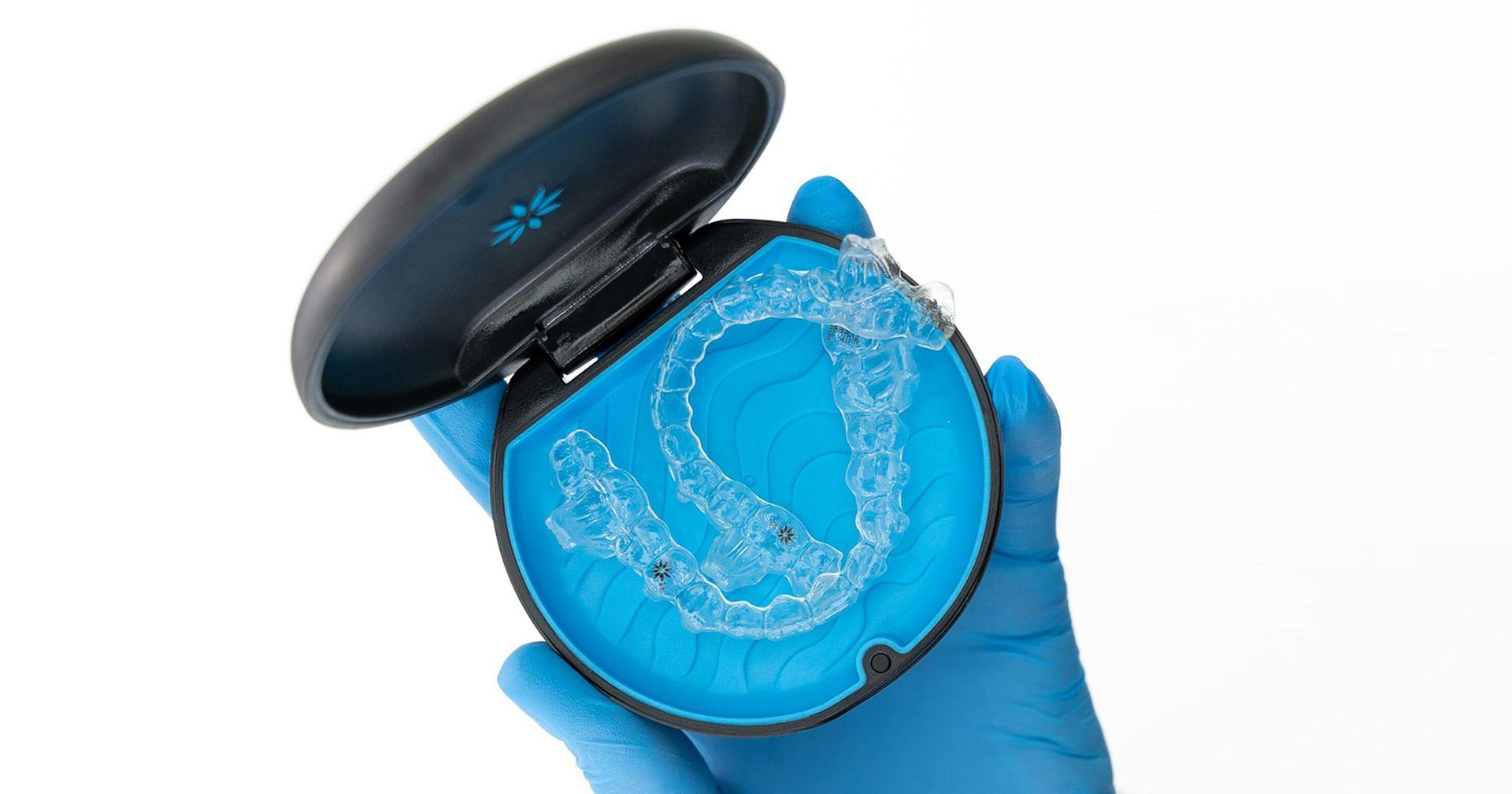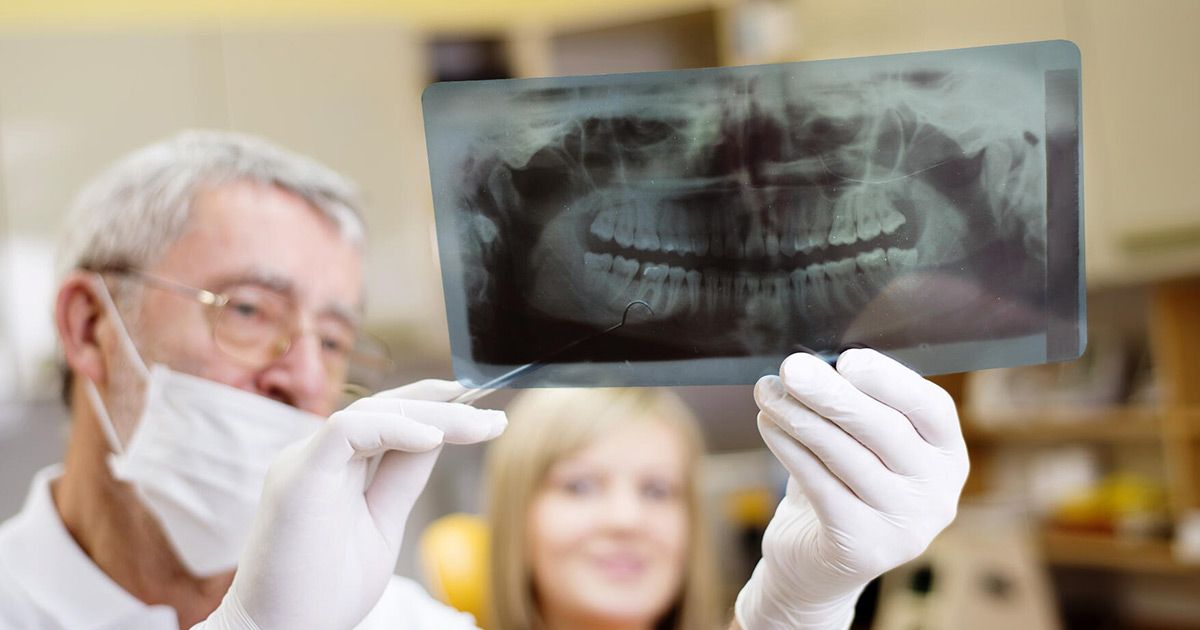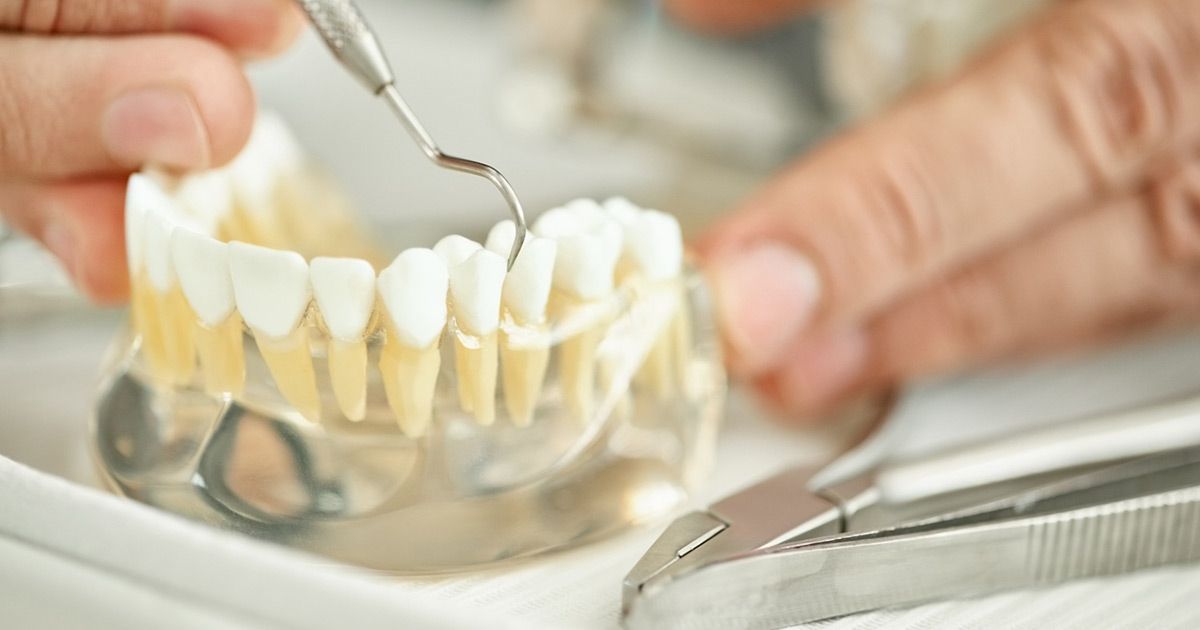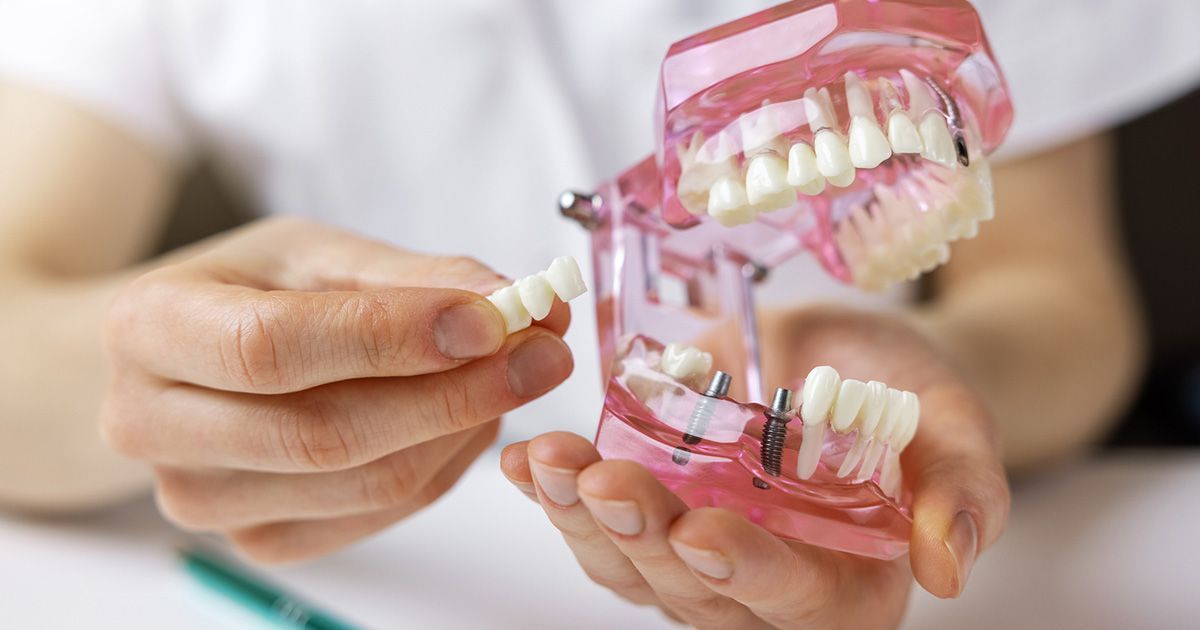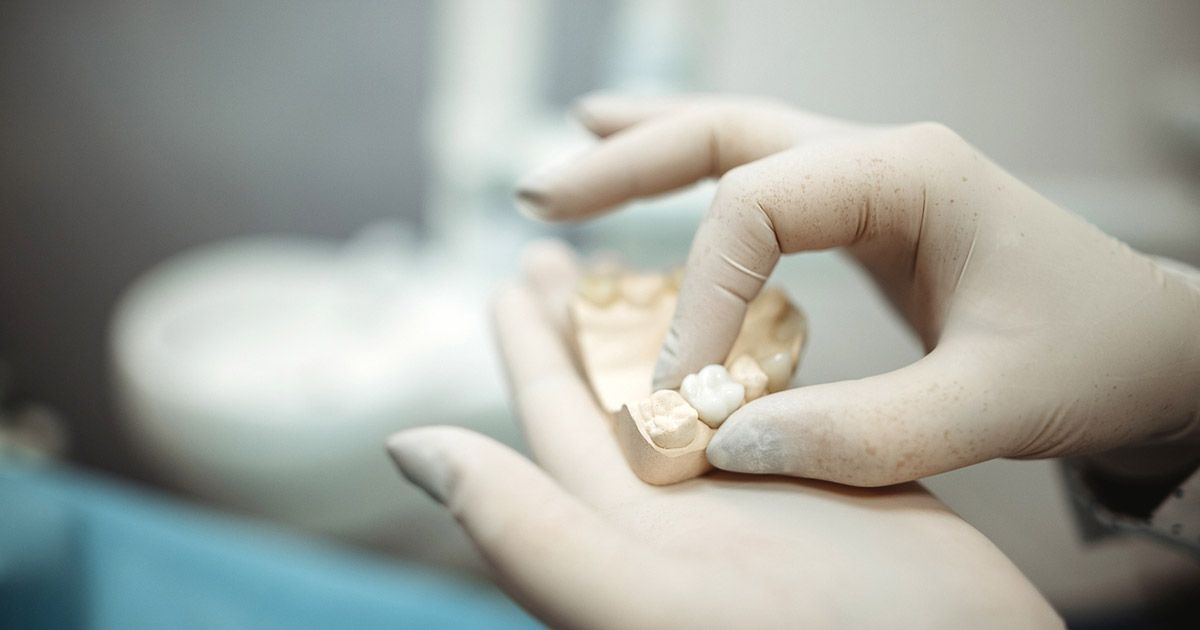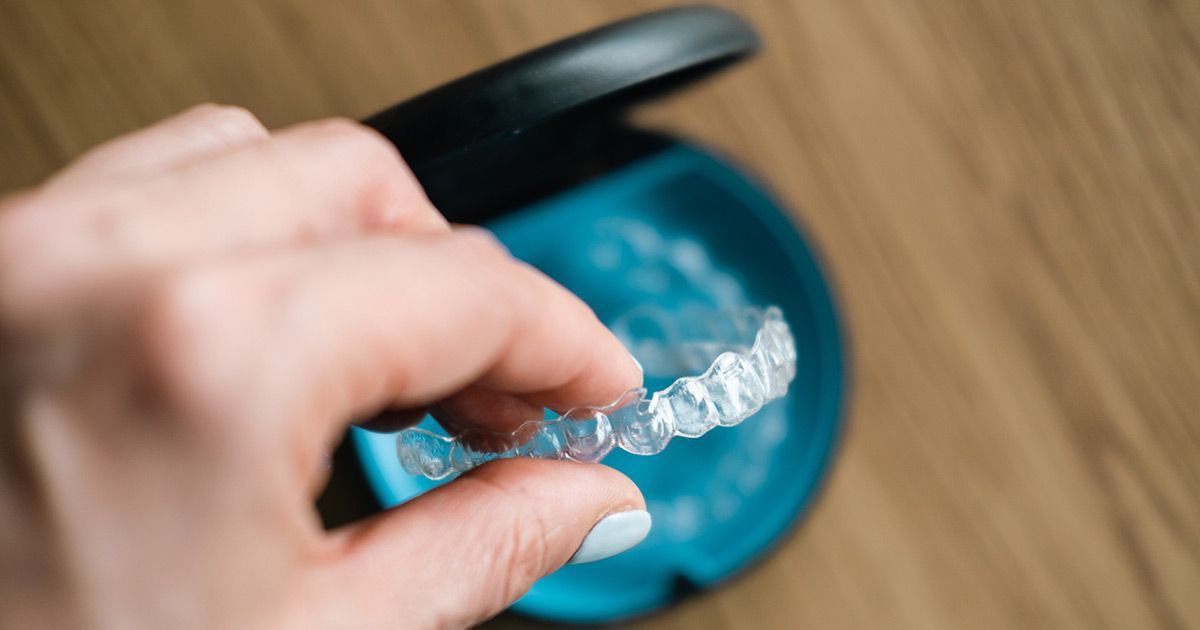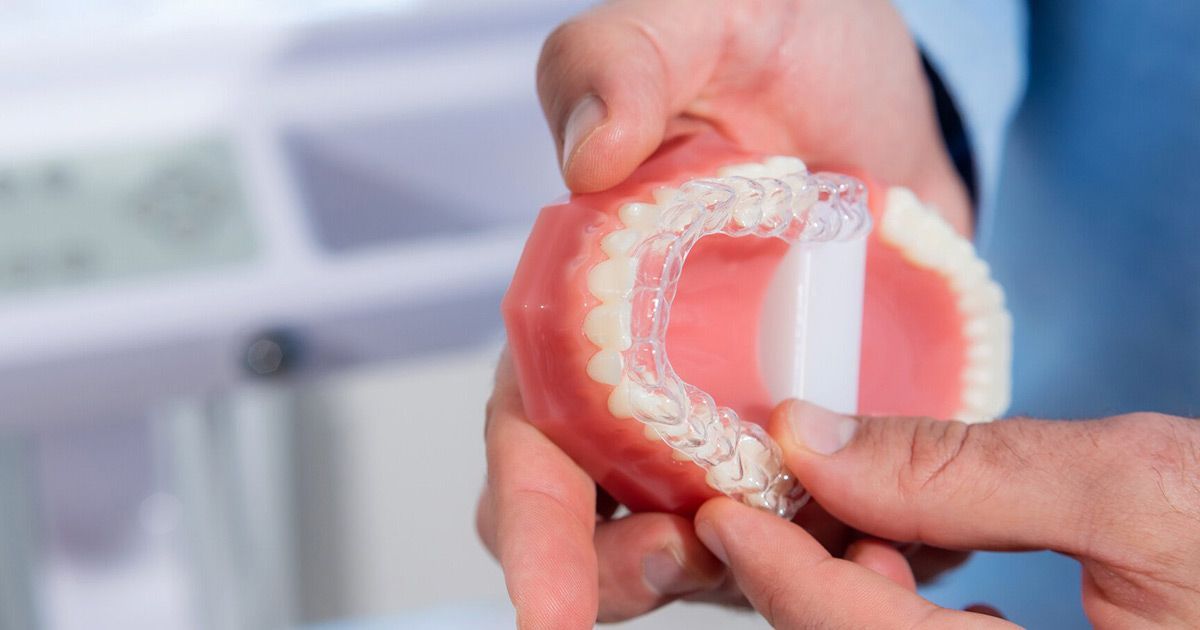New Patients Welcome
Open 7 Days a Week
Call Us Today (954) 923-7348
The Best Ways To Prevent and Treat Gum Disease
Almost half of Americans suffer from some form of gum disease. There are steps you can take, both at home and at your dentist's office, to prevent and treat it.
Over 40% of adults over the age of 30 have some form of periodontal (gum) disease. Risk increases with age, as over 70% of adults ages 65 and up have periodontal disease. Gum disease could cause your gums to pull away from your teeth.
Without treatment, your teeth could become loose or even fall out.
Here are a few tips you can use to prevent and treat periodontal disease before visiting your dentist in Hollywood, FL. With these tips, you can protect your smile before bacteria gets the chance to spread.
Read on to learn more.
Prevention
In order to prevent periodontal disease, it helps to understand what causes the condition in the first place.
When we fail to thoroughly brush and floss our teeth, bacteria and food particles linger until plaque forms. Plaque is a sticky, clear substance that can cling onto or in between teeth. Eventually, plaque hardens into tartar (calculus).
Tartar can spread below the gum line over time, making it more difficult to clean away. You'll need to visit your dentist in Hollywood, FL for a cleaning to remove the tartar.
Otherwise, the periodontal disease process will continue to develop over time.
Gingivitis is the initial state of gum disease, while the more serious infection is called periodontitis. When left unchecked, gingivitis will cause your gums to separate from your teeth. Your teeth could become loose and unstable.
Warning signs of gingivitis include:
- Sensitivity
- Red, swollen, or tender gums
- A change in how teeth fit together
- Gums that bleed when you brush or floss
- Pain when chewing
- Pus between gums and teeth
- Foul-smelling breath (that doesn't go away after brushing)
- Gums that pull away from your teeth
If these symptoms sound familiar, look for dentists in Hollywood, FL right away.
Some factors can increase your risk of gingivitis, including genetics, stress, diabetes, smoking, and poor oral hygiene. Certain medications, fillings that have become defective, and hormonal changes can increase your risk, too.
Here are a few tips from the best dentist Hollywood, FL has to offer to prevent gingivitis in the first place.
Practice Good Oral Hygiene
Above all else, make sure to practice good oral hygiene.
Remember, food particles cause plaque, which leads to tartar development, which can cause gingivitis. Thoroughly brushing and flossing your teeth can prevent plaque from building up in the first place. Otherwise, plaque and tartar will begin to irritate your gums.
Don't forget to scrub your tongue, which can carry bacteria.
Consider switching to a battery-powered or electric toothbrush, too. Otherwise, switch your toothbrush or brush head every three to four months. You can also use toothpaste that contains fluoride to reduce your risk of gingivitis.
Make an effort to brush and floss your teeth twice a day. Talk to your dentist in 33020 for other tips to improve your oral hygiene routine.
Adjust Your Diet
Consuming a balanced diet can improve your oral and overall health.
First, try to minimize your intake of sugary foods and beverages. Otherwise, sugar can increase your risk of tooth decay and plaque.
Bacteria in plaque also feed on sugar and carbs before releasing acids that can damage gums and teeth.
Try to add more vitamin C to your diet, too. Vitamin C deficiency can increase your risk of gum disease. You can find vitamin C in strawberries, kiwis, and oranges.
Vitamin C could keep your gums from swelling and bleeding.
Stay Hydrated
Don't forget to stay hydrated throughout the day. Saliva is one of the body's best, natural defenses against plaque formation. Your water produces saliva after meals to help wash away plaque and food particles.
Drinking more water can help wash away food particles as well.
Limit Alcohol and Tobacco
Alcohol and tobacco can hurt your overall health and enable bacteria to flourish.
Alcohol also dehydrates your mouth, allowing bacteria to harm your teeth and gum. Some beverages are also acidic, which could erode your protective enamel.
Smoking can increase your risk of gum disease. It also weakens the immune system, making it more difficult for your body to protect itself from infection.
Schedule Routine Cleanings
Schedule a professional tooth cleaning with the best dentist Hollywood, FL has to offer to improve your oral health. A routine cleaning can help prevent gum disease by cleaning plaque away.
Your dentist can also spot signs of gum disease before it can progress into periodontitis.
Don't forget to ask dentists in Florida for additional tips you can use to minimize your risk.
Treatment
If you've already developed gingivitis, visit your dentist in Hollywood, FL right away. Here are a few treatment options they might recommend.
Cleanings
Some professional cleaning techniques can clear away plaque and tartar before gingivitis can further damage your teeth and gums.
For example, teeth scaling helps by removing tartar from above and below your gum line. Root planing, on the other hand, can smooth any rough spots. It also removes plaque and tartar from the root surface.
Otherwise, your dentist might use laser techniques to remove tartar more efficiently.
Medications
Your dentist might also recommend medications to treat your gum disease. These could include antibiotics and disinfectants like:
- Time-release antiseptic chips
- Oral antibiotics
- Doxycycline
- Antibiotic microspheres
- Antiseptic mouthwash
Make sure to discuss the pros and cons of each medication with your dentist to determine which best suits your needs.
Surgery
If your gingivitis is severe enough, your dentist might recommend surgery before it can further damage gums or bone tissue.
Flap surgery involves lifting your gums back to remove plaque and tartar from deeper pockets.
Bone and tissue grafts could help prevent additional gum and bone loss while regenerating lost jaw bone. Otherwise, dental crown lengthening can help if you have excess gum tissue.
Visit Your Dentist in Hollywood, FL for Gum Disease Treatment Today
If you're recognizing signs of gum disease, visit your dentist in Hollywood, FL right away. They can help develop a treatment plan before gingivitis develops further. With their help, you can protect your smile from further harm.
In the meantime, make sure to use these prevention tips to keep your smile looking its best.
Need to schedule your appointment? We're here to help.
Contact us today to get started.
Languages Spoken
Office Hours
Locations We Serve
Smile On Us | All rights reserved.
